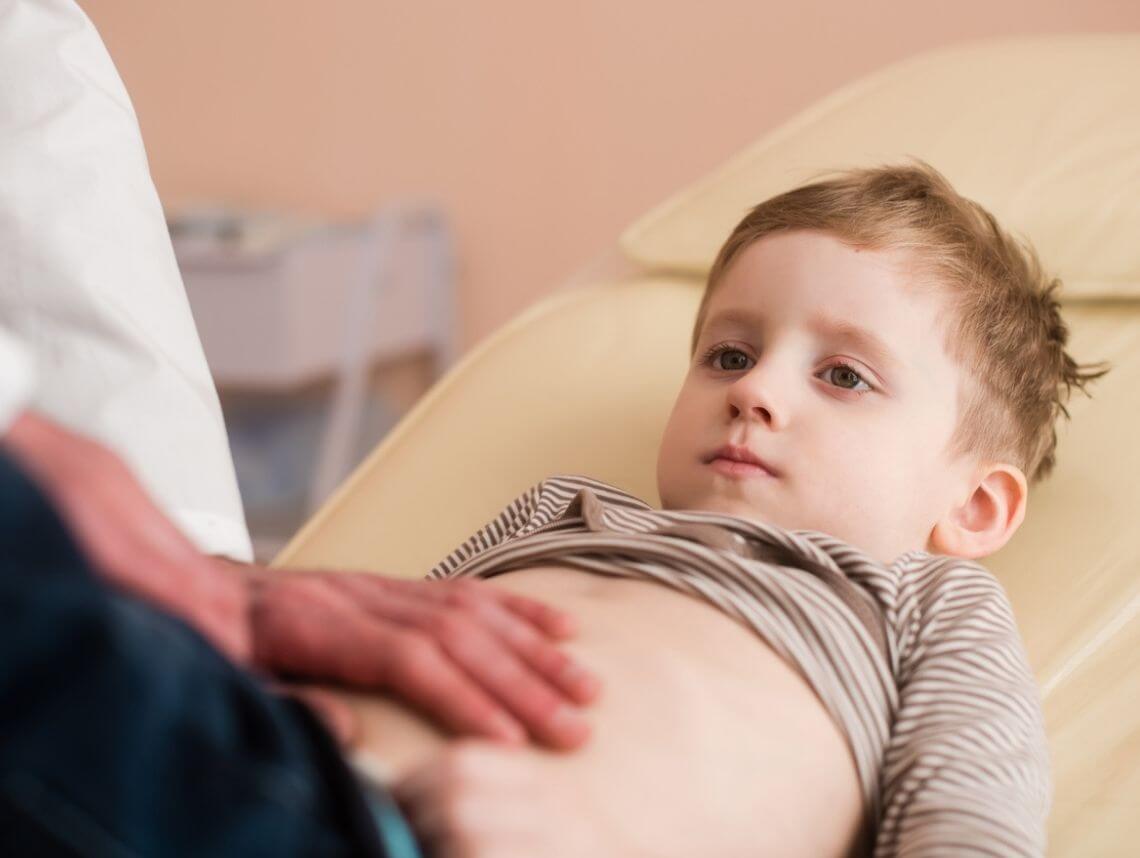Finding out your child has been diagnosed with a serious medical condition is one of the most heartbreaking moments a parent can experience. The feelings of helplessness increase when the illness could result in life-threatening complications. Such is the case with polycystic kidney disease. But, what exactly is it? What are the signs and symptoms? How does it affect children? And, what’s the best form of treatment for your little one?
What is polycystic kidney disease?
Polycystic kidney disease (PKD) is a genetic disorder that causes cysts to grow inside the kidneys. As a result, the kidneys enlarge and their tissue becomes damaged. When they become damaged, this causes them to lose function over time. If left untreated, it could result in renal disease and kidney failure. There are three types of polycystic kidney diseases.
Autosomal Dominant Polycystic Kidney Disease
This variant occurs most often in adults between the ages of 30 and 50 years of age. When a person has this type of PKD, cysts grow only in the kidneys. It’s important to note that it’s possible to have the disease years before diagnosis, with symptoms appearing in later adulthood. This is also the most common type of PKD — comprising about 90% of all PKD diagnoses.
Autosomal Recessive Polycystic Kidney Disease
Autosomal recessive polycystic kidney disease causes cysts to form in the kidneys and in the liver. This is the type of PKD that most often affects children — often affecting infants or even babies before they are even born.
Acquired Cystic Kidney Disease
Acquired cystic kidney disease is different from the other two modalities because it’s non-inherited. It develops as a result of long-term kidney disease, especially if the person has been in dialysis for a significant amount of time.
Symptoms of Polycystic Kidney Disease in Children
The symptoms of PKD vary depending on the type of disease — although many of them are common across the board. The most common ones include:
- Bruising easily
- Pale skin
- High blood pressure
- Urinary tract or kidney infections
- Blood in the urine
- Kidney stones
- Kidney failure
- Frequent urination
- Protruding abdomen/increased size due to enlarged kidney
- A feeling of fullness in the abdomen
- Back pain
- Side pain
- Headaches
- Small stature
- Low blood cell counts
- Respiratory problems
- Delayed development
Diagnosis and Treatment of Polycystic Kidney Disease in Children
If your child’s pediatrician suspects PKD, they will conduct either an ultrasound, CT scan, or an MRI scan to obtain imaging of your child’s kidneys. Once confirmed, the recommended treatment will depend on the severity of the condition. These may include medications to control cyst growth and/or to control high blood pressure, over-the-counter painkillers, antibiotics, and lifestyle modifications relating to hydration, diet, and body weight. If, in addition, you have a family history of aneurysms, the doctor may also recommend regular screenings.
Caring for a Child with Polycystic Kidney Disease
1. Keep Them Hydrated
Drinking sufficient water daily may help manage the growth of cysts. This is crucial to preserve kidney function as long as possible. Taking in enough fluids will also help kidneys remove waste from the blood through the urine. Finally, water also keeps blood vessels open so that it’s easier for blood to flow to the kidneys.
2. Maintain a Healthy Body Weight
A high body mass index (BMI) can result in enlarged kidneys. In addition, being overweight or obese may exclude patients from becoming a transplant recipient. This is due to the increasing number of obese patients on dialysis and end-stage renal disease being referred for such transplants.
3. Be Mindful of Diet
Diseased kidneys have a harder time eliminating sodium, phosphorus, and potassium from the body. Therefore, your child’s pediatrician will want to limit their intake. PKD can also make it difficult for kidneys to filter waste from protein, therefore, this nutrient may also have to be consumed in moderation. How much to eat depends on the stage of the disease and your child’s medical history.
Contact Care Options for Kids for Home Health Care
It can be hard to balance your time between work, home, and caring for a child. That’s why our team of professionals at Care Options for Kids is here to help.
Our home health care services offer support in the comfort of your home. We refer loving and competent nurses to provide customized care for families — from a few hours a day to around-the-clock supervision. Contact us directly to speak with a home health care professional or request a free in-home assessment. Together we can determine the best plan of action to keep your loved ones happy and healthy.
If you or a loved one are considering Pediatric Home Health Care Services, contact the caring staff at Care Options for Kids. Call today at (888) 592-5855.






